Photo Caption: On February 6, 2025, U.S. President Trump delivers a speech at the annual National Prayer Breakfast held at Capitol Hill. (Madalina Vasiliu/Dajiyuan)
[People News] Since returning to the White House, Trump has launched a series of significant moves, including a comprehensive policy to promote "religious freedom."
Religious freedom is a founding principle of the United States. The Trump administration believes that religious freedom—the freedom to practice one’s faith and act according to one’s conscience—is the cornerstone of civil society in the United States and around the world.
On February 5, the 2025 “International Religious Freedom Summit” was held in Washington, D.C. Vice President Vance delivered a speech at the forum, becoming the highest-ranking government official ever to attend the event. Vance stated, “The first Trump administration took critical steps to protect the rights of believers,” and this administration “is not only committed to restoring but expanding on the achievements of the first four years.”
Vance emphasized, “Part of our initiative to protect religious freedom means recognizing, in our foreign policy, the distinction between regimes that respect and those that do not respect religious freedom. The United States must be able to make this distinction.” This differentiation reflects the direction of U.S. diplomacy. Vance added, “Our government believes that defending religious freedom is essential—not just as a legal principle, but as a tangible reality, both domestically and especially abroad.”
Commentators have interpreted Vance’s speech as signaling that the Trump administration is issuing a challenge to the CCP on the ideological front. The author fully agrees. Do you remember? During Trump’s first term, then-Vice President Pence delivered two speeches on U.S.-China policy in 2018 and 2019, fundamentally altering the U.S. strategy toward China since the Nixon era. Therefore, Vance’s speech can be seen as a strategic signal from the Trump administration.
On February 6, Trump attended the National Prayer Breakfast, an annual event aimed at fostering unity, faith, and bipartisan dialogue—a Washington tradition for over 70 years. At the event, Trump said that surviving two assassination attempts last year had strengthened his faith in God’s power.
Trump called on the American people to “Bring God Back.” He stated, “Since the founding of America, faith in God has been the source of strength for our nation’s people. We must restore religion and make faith even stronger. This has been the biggest problem we’ve faced for a long time.”
In fact, Trump’s inaugural speech references to a “new golden age” and “the end of America’s decline” are premised on this “return to God.” Trump said, “Without God, we are isolated and alone. But with God, as the Bible tells us, all things are possible.”
During the National Prayer Breakfast, Trump announced the establishment of two new mechanisms directly under the president’s authority—the “Presidential Commission on Religious Freedom” and the “White House Office of Faith.” The next day, an official executive order was released. Trump also instructed Attorney General Pam Bondi and all federal departments to identify “laws, regulations, and policies that are discriminatory or anti-Christian,” and to propose administrative or legislative solutions to eliminate such practices.
Summarizing the speeches from Trump and Vice President Vance over these two consecutive days, it is clear that “religious freedom” will be a core factor in the Trump administration’s governance this term.
Domestic Policy: There will be greater respect for the opinions of religious communities to "better align with American values.” The newly established “White House Office of Faith” will be part of the Domestic Policy Council. Foreign Policy: The administration will focus more on promoting religious freedom globally and combat regimes and forces that persecute religious beliefs.
Trump’s appointment of Marco Rubio as Secretary of State is no coincidence. Rubio, the son of Cuban immigrants, had a grandfather who witnessed the devastation of communism in Cuba. As a senator, Rubio drafted and promoted the Uyghur Forced Labor Prevention Act. In 2024, he spearheaded the Falun Gong Protection Act (S.4914), which mandates sanctions on those responsible for organ harvesting crimes in China.
Vance also praised Rubio in his speech: “I believe he is one of the greatest defenders of religious freedom in the world today. His dedication to religious freedom stems from his faith, just as mine does.”
The Trump administration’s push for religious freedom, both domestically and internationally, will have a profound global impact, with its focus clearly directed at the CCP. Since July 1999, the CCP’s brutal persecution of Falun Gong has been recognized as one of the world’s largest and most evil campaigns against religious freedom and human rights. Trump’s administration is unlikely to ignore this. In fact, on July 17, 2019, Trump became the first U.S. president to officially meet with persecuted Falun Gong practitioners at the White House and personally inquired about their suffering under the CCP’s persecution.
The CCP’s crimes of persecuting Falun Gong and depriving Chinese citizens of religious freedom are countless and have become the regime’s Achilles’ heel. Trump’s push for religious freedom policies is a strategic move aimed at victory.
During Trump’s first term, the administration took several significant actions to promote international religious freedom: 1. Held the first-ever annual Ministerial to Advance Religious Freedom; 2. Established the International Religious Freedom Alliance; 3. Publicly sanctioned CCP officials responsible for religious freedom violations; 4. Openly demanded that the CCP stop persecuting Falun Gong.
It remains to be seen what major initiatives this Trump administration will introduce.
Finally, religious freedom is a founding principle of the United States and is enshrined in the U.S. Constitution as the first freedom. Every January 16 is designated as “Religious Freedom Day” in the United States. The U.S. has a mission to promote religious freedom globally, a mission elevated to law through the 1998 International Religious Freedom Act and its amendment, the 2016 Frank Wolf International Religious Freedom Act. The U.S. Commission on International Religious Freedom (USCIRF), established to enforce this law, has consistently designated China as a “Country of Particular Concern” (CPC) for its “systematic, ongoing, and egregious” violations of religious freedom since its first report in 1999. Trump’s strong promotion of religious freedom and his unprecedented confrontation with the CCP are deeply rooted in legal, cultural, and historical foundations.
(Dajiyuan)

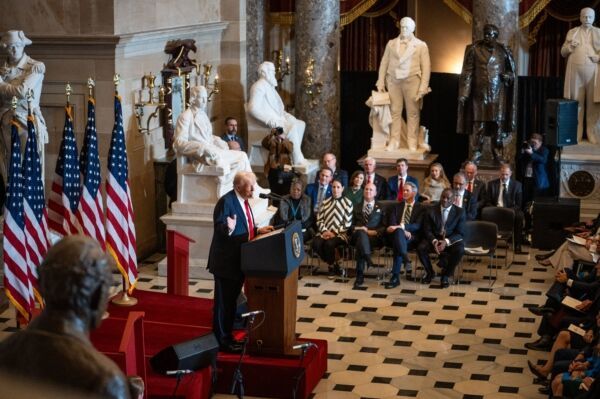

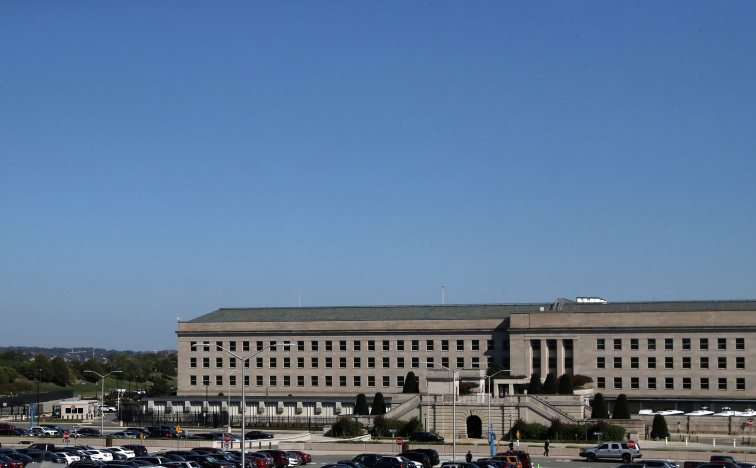
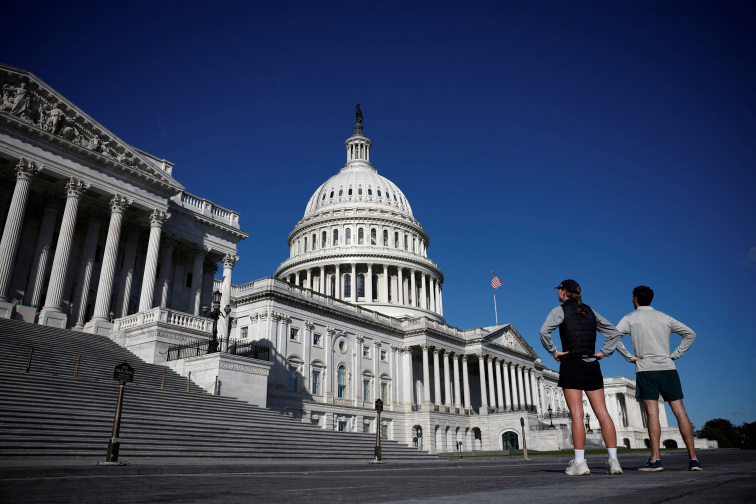
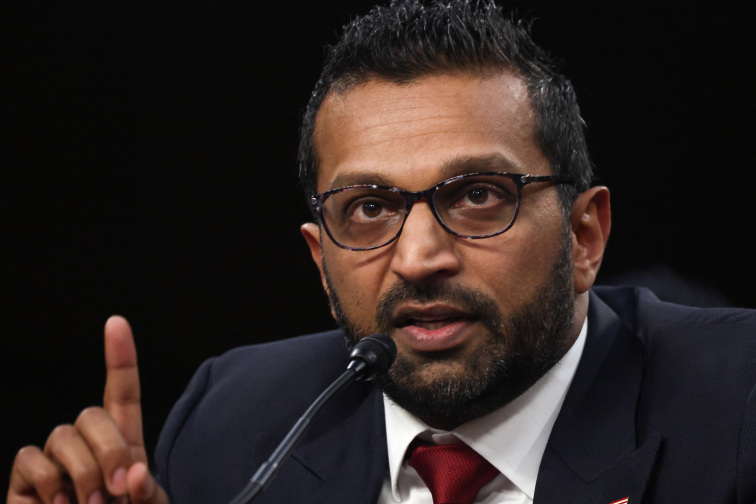
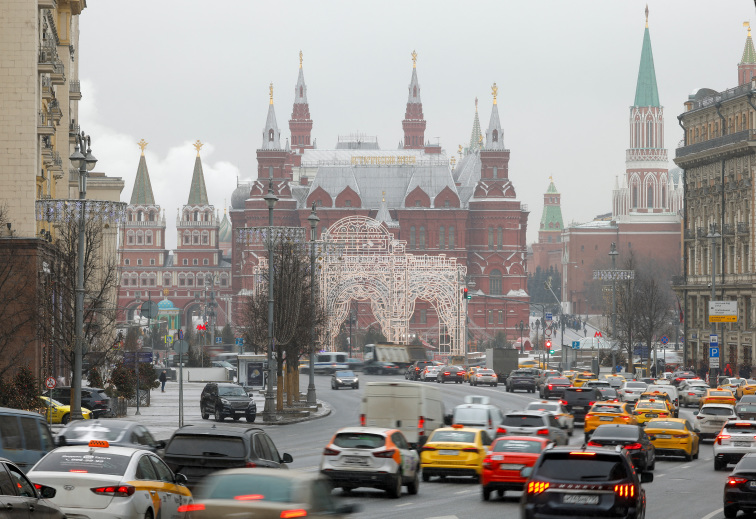
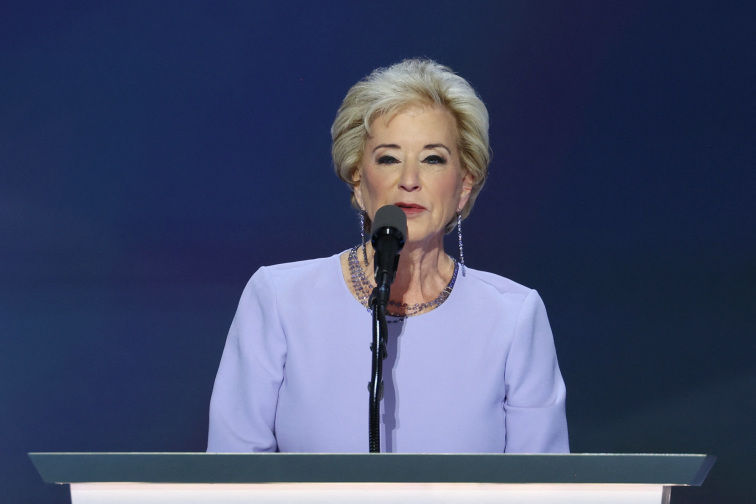

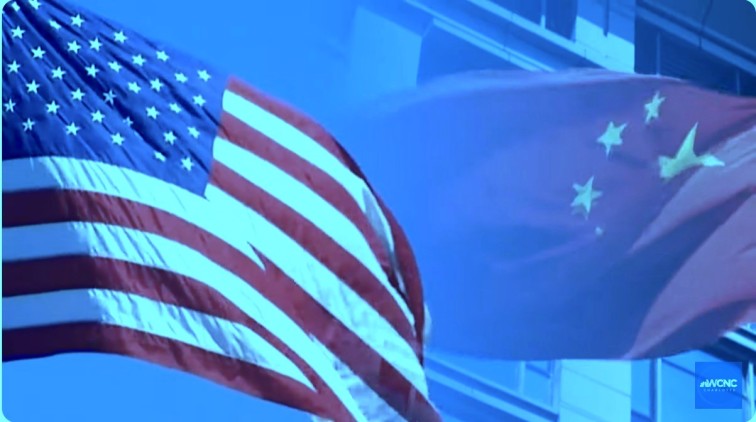

News magazine bootstrap themes!
I like this themes, fast loading and look profesional
Thank you Carlos!
You're welcome!
Please support me with give positive rating!
Yes Sure!